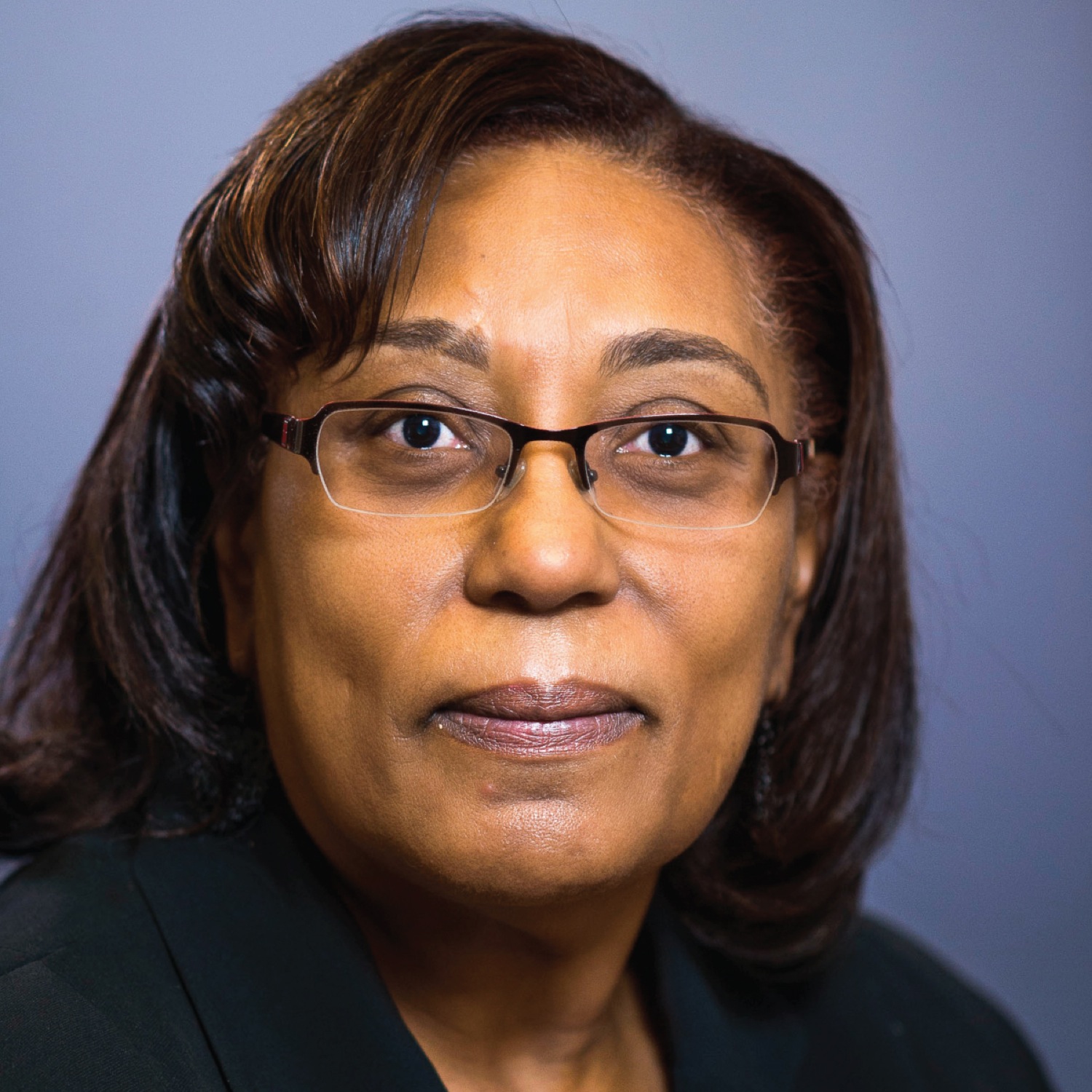A Crescendo of Interest and Research in Music and Health
May 18, 2017
It is “music to my ears” when I hear of (and see) the fast-growing interest among researchers, clinicians, musicians, and the public in music’s effects on the brain and health. I’d like to tell you about a major new partnership between the NIH and the The John F. Kennedy Center for the Performing Arts and two relevant funding opportunities.
First, a bit of background: NCCIH began looking at research on music, other arts-based therapies, and health a few years ago. It’s a topic that fits with our mission and 2016 strategic plan in many ways?it involves mind and body approaches; is relevant to prevention, health promotion, and the management of difficult symptoms; and, in mechanistic studies, reflects our focus on fundamental science.
Earlier this year, we joined the other components of NIH to partner with The Kennedy Center in an initiative called Sound Health. The collaboration began with Dr. Francis Collins, NIH Director, and Renée Fleming, soprano and The Kennedy Center Artistic Advisor at Large, and is intended to explore the relationship between music, health/wellness, and science. In January, I was a panelist and cochair at a closed workshop to initiate Sound Health activities, including a trans-NIH working group that is developing a scientific research agenda. Resources emerging from the workshop include a summary; a videocast; and a resource book of panelists and their interests, to facilitate research connections.
June 2-3 will be landmark days in Washington, D.C., when Sound Health launches its first public events, “Music and the Mind,” on the intersection of music and science. There will be performances, presentations, and discussions by Dr. Collins, Ms. Fleming, the National Symphony Orchestra, neuroscientists, music therapists, and others. Some events are free, open to the public, and will be streamed online, while others are ticketed. To find out more, see the website. Specific medical conditions to be discussed include autism, Parkinson’s disease, Alzheimer’s disease, and other neurological disorders.
In closing, we encourage researchers who are interested in investigating music and art therapies to review our two active funding opportunity announcements:
- PAR-17-149, Phased Innovation Award for Mechanistic Studies to Optimize Mind and Body Interventions in NCCIH High Priority Research Topics (R61/R33). We have published a notice to indicate interest in researching complex interventions such as music and art therapy.
- PAR-14-294, Arts-Based Approaches in Palliative Care for Symptom Management (R01). While this funding announcement expires in September, NCCIH will explore avenues to support research on music and palliative care.
NCCIH plans to remain engaged in funding research on music and art therapies, and we hope you will join us in spreading the word to the research community!

Comments
Comments are now closed for this post.